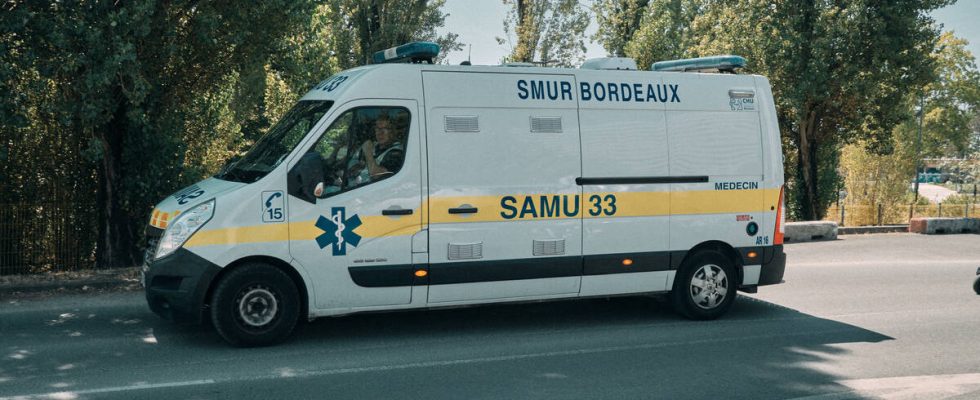Astonishment in Bordeaux. After the poisoning of twelve people with botulinum toxin – a serious neurological condition – investigations focused around a restaurant, the Tchin Tchin Wine bar, in the historic city center of the Gironde capital. Last week, all the people who fell ill ate homemade canned sardines served as tapas. The death, Tuesday, September 12, of a 32-year-old woman, hospitalized in the Paris region, created new excitement. Her husband is still in intensive care. Eight other patients are also hospitalized at Bordeaux University Hospital, including six intubated in intensive care. Two others are being treated in Germany and Spain. Because it is mainly tourists, mostly under the age of 41, who have developed symptoms.
Among the city’s restaurateurs, the news has circulated widely and continues to fuel conversations. A hammer blow which is accompanied by fears around a possible psychosis. “Making a customer seriously ill is every restaurateur’s fear. Obviously, we wonder how we got to this point.” points out Jean, manager of a wine bar in the Saint-Paul district. “I worked in the food industry, I know how complex it is to prepare your own preserves. The regulations are very strict, you need an impeccable hygiene plan. he continues. “Being equipped and mastering this know-how cannot be improvised. At our house, we don’t have preserves, but we smell and taste everything systematically. When we have the slightest doubt, we put it aside. agrees Alexandre, an employee in a restaurant that advocates home-cooking just a stone’s throw from town hall. “It’s really weird because we organized our Christmas meal at their house [au Tchin Tchin Wine bar, ndlr] last year with the staff”, he delivers again, pointing “probable lack of vigilance”.
“We are little, if not not, controlled”
In a restaurant very close to the Place de la Bourse, where almost everything is served in sterilized jars, two managers are still stunned. “I’ve thought about it night and day since it happened,” sighs Delphine who had to answer questions from several anxious customers. “For us, there was no question of taking risks: we chose to go through a lab like many other restaurateurs. It costs money, but at least we can sleep peacefully.” completes his companion Christophe. “It’s very serious what happened, but I’m not that surprised because there is little or no control, it’s up to the restaurateur to ensure that the protocol is perfect,” comments Tim, restaurateur in the Saint-Pierre district. All the professionals interviewed – around ten – also confide that they have never been inspected by the hygiene services. Except at the opening, which sometimes dates back more than ten years.
Interviewed by the local newspaper South Westthe restaurateur in question admits to having thrown away some of his canned goods due to a “strong smell” And “an absence of emptiness”. “Others that appeared healthy were served to customers,” he added. For its part, the Departmental Directorate for Population Protection (DDPP) is already pointing out “shortcomings” as well as a “lack of knowledge of the hygiene procedures necessary for making preserves”. Samples will be taken from the incriminated products. If the establishment has not been closed, its manager, on the other hand, is prohibited from manufacturing new preserves, by prefectural decree.
Potential new patients
After cross-checking the number of trays served and analyzing receipts since September 4, the DDPP estimates that between 25 and 30 people could be contaminated. With incubation lasting from a few hours to a few days, health authorities are preparing to welcome potential new patients until Sunday. As of Monday, an alert was launched via a fairly structured international network used in the face of emerging bacteriological risks. The objective: that no patient is overlooked or underdiagnosed in order to receive the appropriate treatment, namely an anti-toxin.
Benjamin Clouzeau, resuscitation doctor at Bordeaux University Hospital, recalls that it will certainly take several “rehabilitation weeks” for hospitalized patients. “The majority of patients are awake and are totally or partially paralyzed. It will take time for the blockages to dissipate. In this time frame, other complications can arise, but their great luck is that they are young and have no comorbidities,” explains the doctor who insists on the exceptional nature of the situation. “Usually, the number of cases per year can be counted on the fingers of both hands, so having twelve at once in the same household is extremely rare.”

